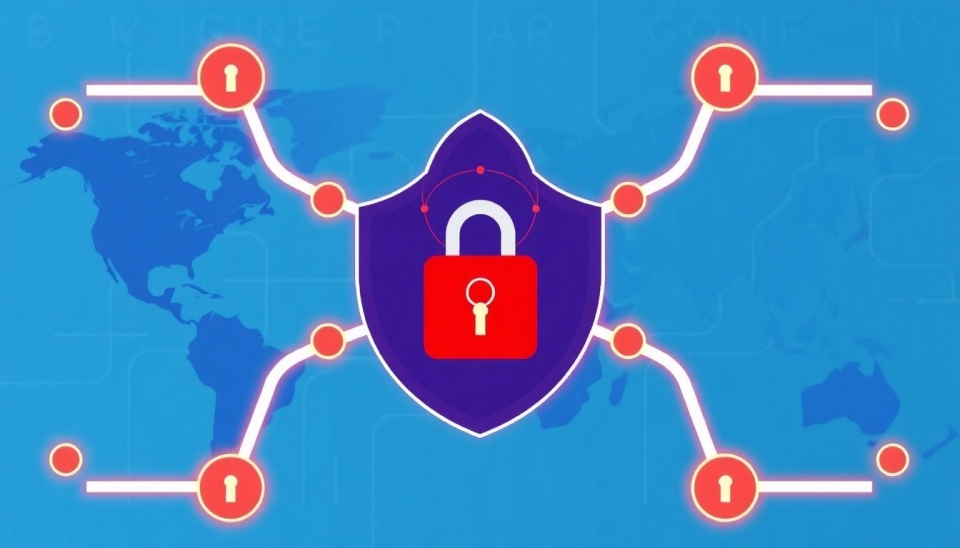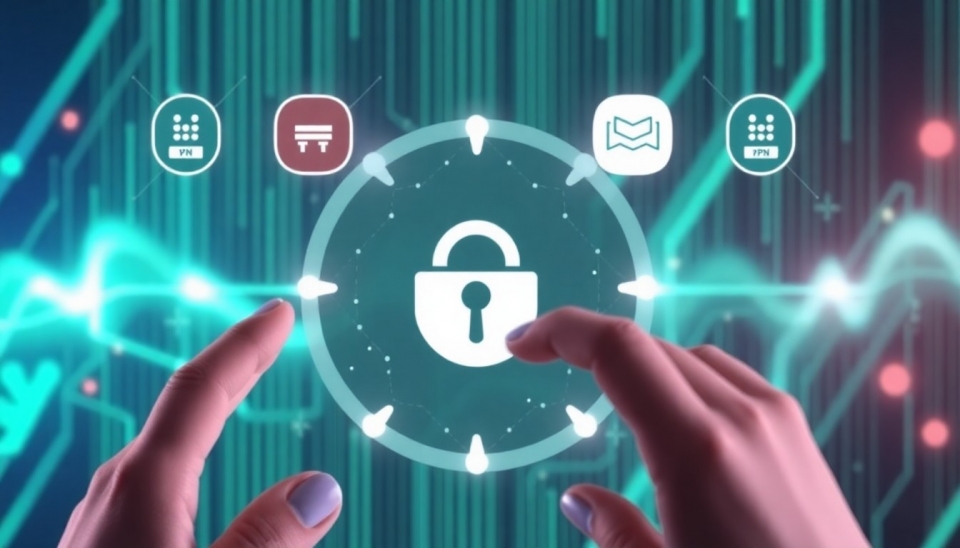How VPNs Shield Your Identity and Secure Your Financial Transactions

In the digital age, protecting personal data has become increasingly important. One of the effective tools that can aid in this endeavor is Virtual Private Networks (VPNs). They not only encrypt internet traffic but also anonymize your online activities, thus ensuring security in financial transactions and safeguarding personal information from potential cyber threats.
The primary function of a VPN is to create a secure tunnel between your device and the internet. When you connect to the internet via a VPN, your IP address is replaced with the address of the server you are connecting to. This hides your actual geolocation and makes your online actions hard to track. Consequently, hackers and malicious entities cannot easily access your personal information, such as usernames, passwords, or credit card details.
Additionally, VPNs provide data encryption, which adds an extra layer of security. Even if someone intercepts your internet traffic, they will see only encrypted information, making it challenging to access your data. This is particularly crucial when using public Wi-Fi networks, where security is often lacking.
However, despite all the benefits, it’s essential to remember that choosing a reliable VPN provider is key. Some services may log user activity or fail to offer adequate encryption levels. Before selecting a VPN, it’s important to read user reviews and check the service’s privacy policy.
In conclusion, using a VPN is a vital step in ensuring the security of your online transactions and protecting personal data. As internet threats continue to evolve, so must our protective methods, and VPNs offer one of the best strategies to achieve this goal.
#VPN #Security #PersonalData #FinancialTransactions #DigitalProtection




